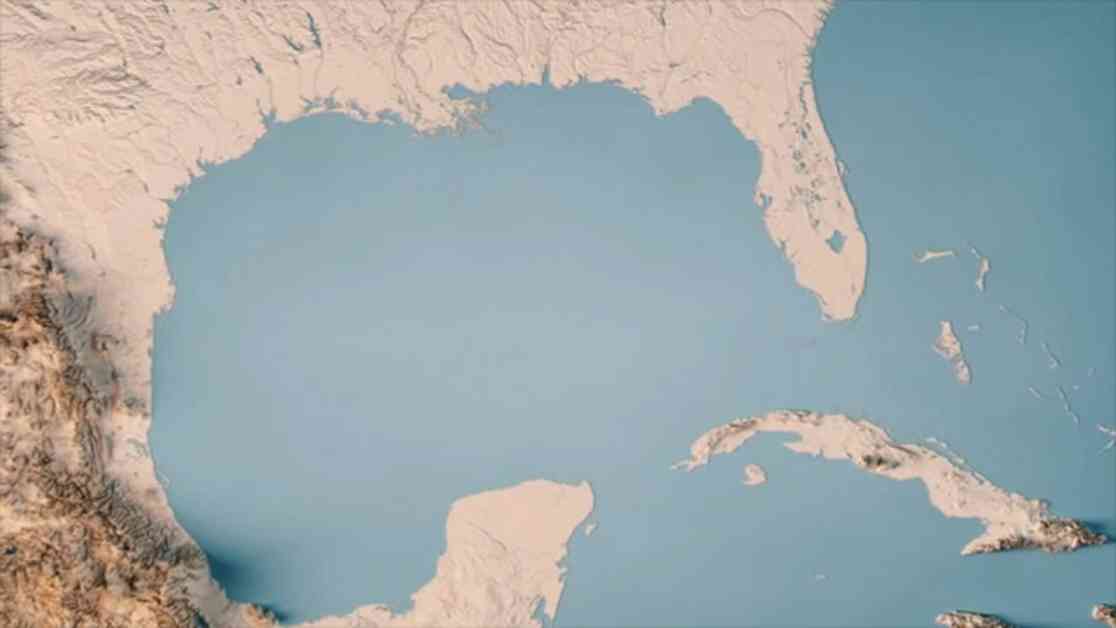In a recent development, Google has announced its decision to align with official U.S. government directives in updating the names of geographic features on its Maps platform. This decision comes on the heels of President Donald Trump’s executive orders to rename the Gulf of Mexico as the Gulf of America and to reinstate Mount McKinley as the official name of Denali, the highest peak in North America.
Google has reiterated its commitment to only implement name changes that are officially recognized in government databases. The company will be updating Google Maps based on alterations made to the Geographic Names Information System (GNIS), a federal database that catalogues over a million geographic locations across the United States.
“We have a longstanding practice of applying name changes when they have been updated in official government sources,” Google stated in a post on X. “When that happens, we will update Google Maps in the U.S. quickly to show Mount McKinley and Gulf of America.”
The name Denali, which has been historically used by Alaska Natives, was formally acknowledged in 2015 when former President Barack Obama directed the Department of the Interior to revert the mountain’s name from McKinley to its original Indigenous name. The mountain had initially been named after President William McKinley in the late 19th century by a gold prospector. President Trump’s recent executive order has now reinstated the name Mount McKinley, citing presidential authority over domestic geographical names.
AP Sticks to Tradition
The Associated Press (AP) has made it known that it will uphold the name Gulf of Mexico, citing its 400-year history. Despite the Trump administration’s decision to rename it as the Gulf of America, AP has chosen to retain the traditional name. However, the news agency will adopt the name Mount McKinley in its reporting, acknowledging that the mountain is entirely within the United States and falls under federal naming authority.
As the discussion around the renaming of these geographic features continues, it is essential to recognize the significance of names and the cultural and historical narratives they carry. Names are not merely words on a map; they are imbued with stories, identities, and connections to the land and its people. The debate over names reflects broader conversations about identity, heritage, and the power dynamics that shape our understanding of the world around us.
In conclusion, while the naming of geographic features may seem like a straightforward administrative task, it is deeply intertwined with politics, history, and culture. As Google, the U.S. government, and news agencies navigate these changes, it is crucial to approach the topic with sensitivity and an awareness of the diverse perspectives and histories that are at play. Names matter, and the process of naming and renaming is a reflection of our evolving relationship with the land and its inhabitants.


















